Court Rules that Feds Must Reconsider Drastic Changes to Fisheries Observer Program
Press Release Date: August 10, 2014
Location: Juneau, AK
Contact:
Anna Baxter | email: abaxter@oceana.org
Anna Baxter
Today, the United States District Court for the District of Alaska ruled that the National Marine Fisheries Service (NMFS) reconsider recent changes to the North Pacific observer program as the lower coverage levels resulting from the increased cost of the program were not addressed. NMFS must now analyze the question of when data gathered by the restructured Observer Program ceases to be reliable, or of high quality, because the rate of observer coverage is too low. NMFS implemented a restructured observer program in 2013 with the stated goal to expand the proportion of the Gulf of Alaska fleet that was observed and randomize the deployment of observers on vessels. However, the changes to the observer program and the significant underestimate of the costs of the program resulted in dramatic reductions in observer coverage on some of the largest and most-damaging trawl fishing vessels which have some of the highest rates of halibut and salmon bycatch.
“While the newly restructured program had the right idea to endeavor to provide expanded information about fleet activities, the actual implementation fell entirely short of that goal and actually reduced coverage on the large bottom trawl fleet known to have high rates of discards,” said Jon Warrenchuk, Campaign Manager and Senior Scientist for Oceana. “Trawlers are leaving the docks to catch thousands of tons of fish without having an observer on board – this is unacceptable.”
Oceana has worked actively over the past several years to encourage reductions in bycatch in the groundfish fisheries in the Gulf of Alaska. If not properly managed, bycatch in these fisheries can have substantial negative effects on long-term ocean health and become unsustainable. Good information is essential to preventing these adverse impacts and to managing fisheries sustainably. The best source of that information is data collected by observers onboard fishing vessels.
Oceana filed an amicus brief on May 30, 2013 in support of the plaintiffs in their challenge to the restructured observer program in the Gulf of Alaska in order to provide perspective on the importance of the Gulf of Alaska ecosystem, the dangers of bycatch, and the importance of observer coverage to good management and behavior.
“We welcome Judge Holland’s decision to keep the observer program operating while ordering NMFS to consider what would happen to the reliability of fisheries data if the rate of observer coverage is too low,” said Warrenchuk. “We look forward to working with the National Marine Fisheries Service and the North Pacific Fishery Management Council to ensure the reliability of the fisheries observer program.”
###
Oceana is the largest international advocacy group working solely to protect the world’s oceans. Oceana wins policy victories for the oceans using science-based campaigns. Since 2001, we have protected over 1.2 million square miles of ocean and innumerable sea turtles, sharks, dolphins and other sea creatures. More than 600,000 supporters have already joined Oceana. Global in scope, Oceana has offices in North, South and Central America and Europe. To learn more, please visit www.oceana.org



